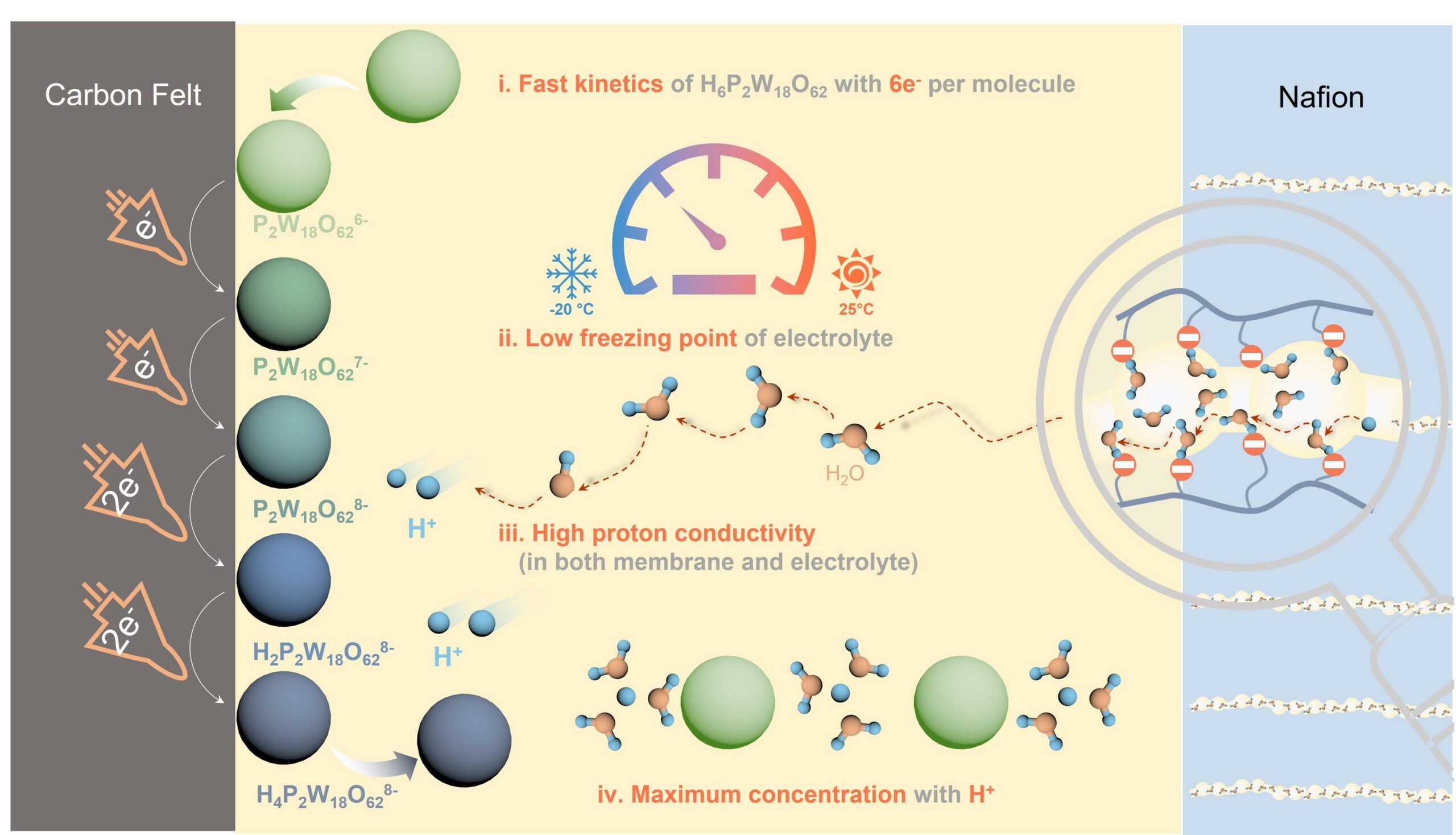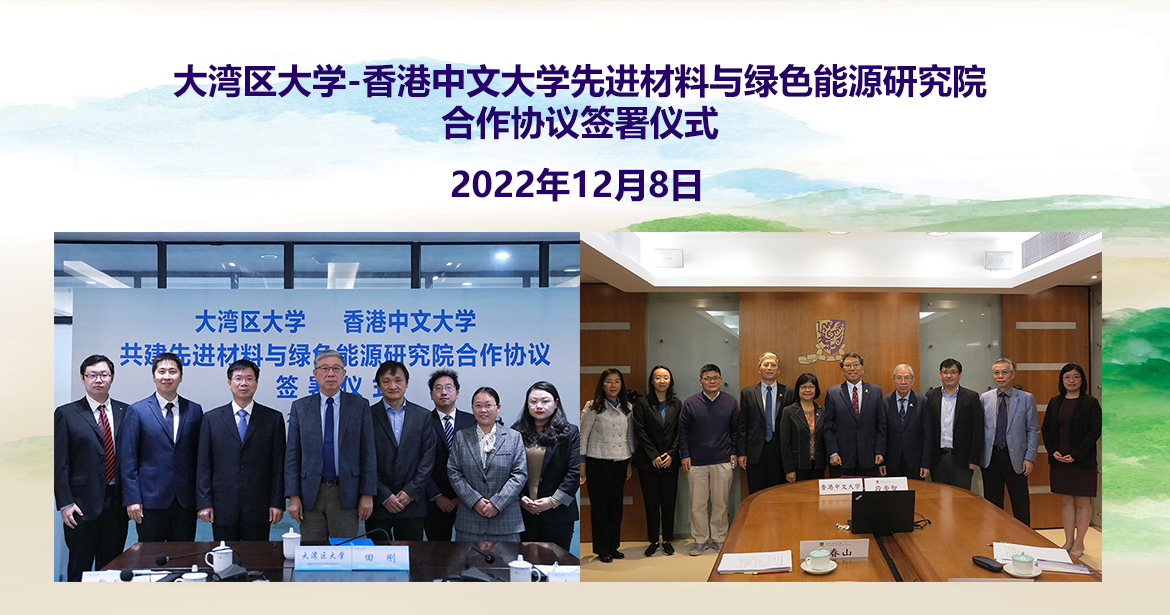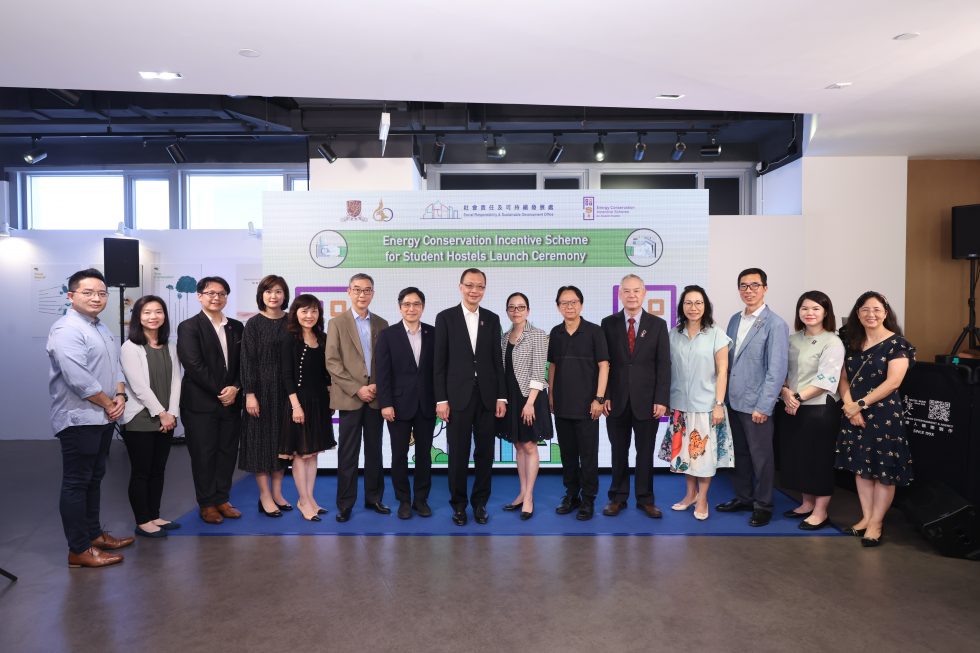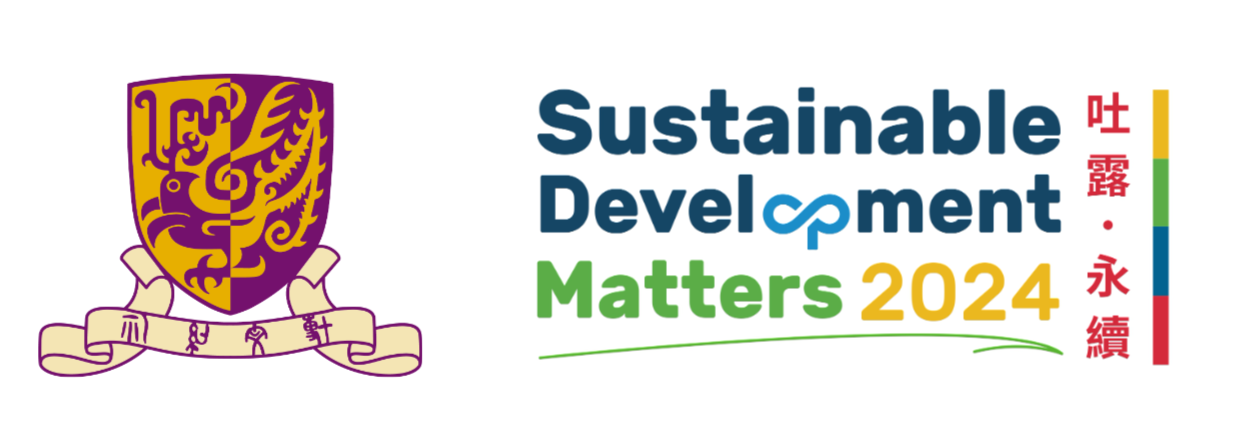SDG 7| Affordable and Clean Energy
Ensure access to affordable, reliable, sustainable and modern energy
CUHK was the first university in Hong Kong to set a target of achieving carbon neutrality by 2038. To achieve this goal, the University has made significant efforts to implement energy-saving initiatives and transition to green energy sources. The University has been identifying opportunities for the adoption of renewable energy, enhancing campus infrastructure and improving its operational processes to lower its carbon footprint. CUHK also strives to develop and promote the use of clean energy through a variety of research projects and initiatives.
Curriculum
Policies
In conformity with its carbon neutrality goal, CUHK has implemented policies to ensure energy-efficient operations. The Energy Efficiency and Conservation Policy, along with the Energy Efficiency and Conservation Guidelines, have been implemented to inform all university members of its requirements and promote behaviour conducive to energy efficiency and conservation. Regular reviews of operations and practices are conducted to identify and eliminate energy wastage. CUHK aims to raise awareness of the importance of energy conservation among staff and students by setting a good example of energy conservation education and management.
Research
Climate change has increased the frequency and intensity of extreme weather events, such as cold waves. Professor Yi-Chun Lu’s research team from the Department of Mechanical and Automation Engineering has made significant advancements in developing new redox flow batteries that can adapt to extreme cold weather conditions. At temperatures below freezing, conventional redox flow batteries often malfunction due to freezing aqueous electrolytes, low reaction rate and limited solubility of active materials. The newly developed electrolyte enables high power, long life flow battery applications at both room temperature and even at low temperatures as low as –20℃. This breakthrough allows the batteries to be used in regions with cold weather or severe weather fluctuations without any serious diminution in performance. The research represents a significant step towards the practical application of redox flow batteries for grid-scale storage of renewable energy.

Facilitating research into green energy
CUHK and Great Bay University (GBU) joined hands to establish Great Bay University – The Chinese University of Hong Kong Joint Institute of Advanced Materials and Green Energy Research (JIAMGER), which seeks to fulfil the industrial development plan of Dongguan by taking advantage of the research and innovation strength of CUHK. With the establishment of the joint research institute in advanced materials and green energy, the universities will be able to construct a scientific and technological innovation complex with world-class academic impact, focusing on materials and energy.

Energy-efficient renovation and building
Upgrading buildings to increase energy efficiency
CUHK introduced the Energy Efficiency Implementation Fund in 2020 to support and incentivize university units to enhance the campus infrastructure and provide support services. In the 2021–2022, the fund supported 11 projects from 10 units, resulting in an estimated annual saving of HK$120,000 in electricity bills. The funded projects included installation of LED fixtures, mosquito net, curtain blinds and solar window film, all of which contributed towards energy conservation.
In October 2023, the University introduced the Energy Conservation Incentive Scheme for Student Hostels (ECIS-SH), which aims to engage student residents in all CUHK hostel buildings of the Colleges, Postgraduate Halls and International House through competition, education and funding.

PREVIOUS
Clean Water and Sanitation
SDG 6
NEXT
Decent Work and Economic Growth
SDG 8
